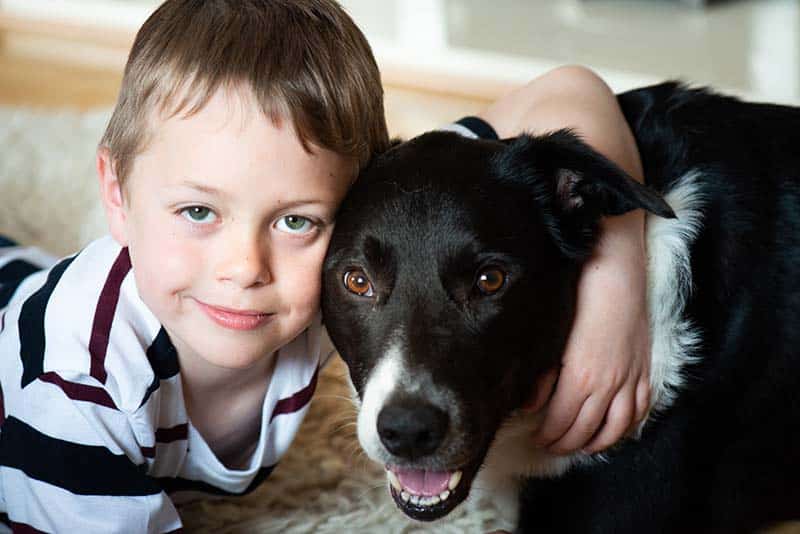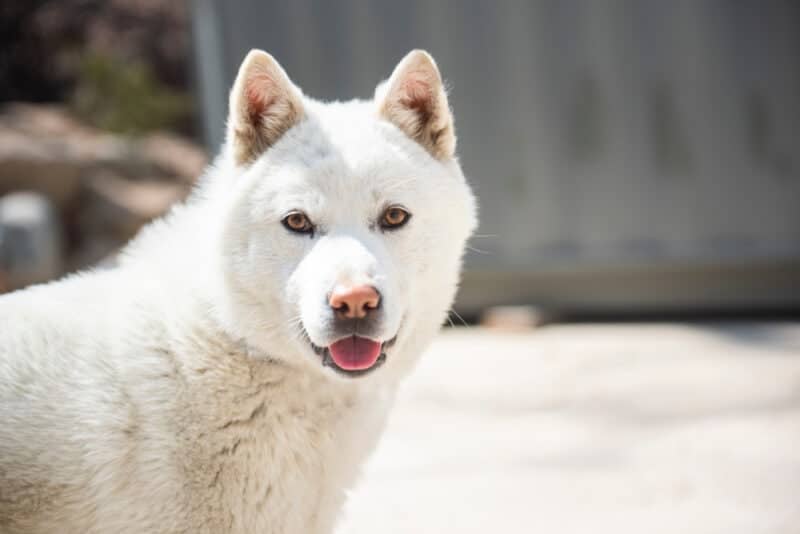Imagine a world where a wagging tail and a furry friend could make a huge difference in the life of someone with autism. Sounds amazing, right? Dogs, with their unconditional love, have this fantastic ability to help those in need, especially individuals on the autism spectrum. Let us dive deep into how dogs are not just pets but also incredible companions in therapy.
In a society where managing daily tasks can be overwhelming for individuals with autism, dogs step in as unexpected heroes. These lovely creatures offer different forms of therapy, bringing a myriad of benefits. From boosting social skills to reducing stress, they truly are a game-changer. Let’s unveil how dog therapy works and the wonders it brings into the lives of those who embrace it.
Understanding the Magic Behind Dog Therapy
Autism and dogs – sounds like an unlikely pair, right? Yet, they work wonders together! Dog therapy helps in social skill enhancement, better interaction, and even life skill education. Imagine a therapy session where a child talks to and plays with a dog, enhancing communication without feeling pressure. This is where animal-assisted therapy comes in, living with families to assist autistic individuals in their daily lives.
Different Types of Therapy Dogs
When we talk about therapy dogs, it’s crucial to know that not all therapy dogs are the same. We have autism service dogs, emotional support animals (ESAs), and therapy dogs. Each type has its unique role and benefits. Service dogs undergo specialized training and have specific rights like accompanying their owners to public places. On the other hand, ESAs are more like prescribed pets, offering emotional support but without the rigorous training.
Service Dogs: Tailored for Specific Needs
Understanding what type of therapy dog suits an individual best is key to reaping maximum benefits. Some dogs calm anxiety, others boost social interactions, and a few even prevent dangerous situations by intervening when someone is about to wander. But hey, not everyone is a dog person, and that’s totally okay! It’s all about finding the right fit.
Where Dog Therapy Makes an Impact
Cooperation with care centers and mental health facilities is common for therapy dogs. They bring joy not just to those with autism but to everyone around. It’s an exchange of love and energy that transforms environments into more welcoming places. Therapy dogs are indeed the ambassadors of kindness and empathy, spreading positivity through their presence.
The Perks of Having a Therapy Dog
While studies suggest the positive effects are immense, we must remember the responsibilities involved in pet care. Yes, dogs need feeding, vet visits, and playtime. Ensuring a therapy dog fits into the family’s lifestyle is crucial. This bond, if nurtured well, forges a strong connection benefiting both the dog and the individual with autism.
Challenges in Dog Therapy for Autism
It’s essential to weigh both the pros and cons. If dogs aren’t an option, other animals like horses or guinea pigs can offer support too. Families must assess their situations deeply before diving into dog therapy. Consideration of the individual’s comfort and the logistical aspects make or break the success of this therapeutic relationship.
The Process of Qualifying Therapy Dogs
Training and certifying service dogs is no small feat. They must pass public access tests, showcasing their impressive training. ESAs, however, don’t require specialized training but should possess a calm demeanor. Any well-mannered dog can be your ESA, given they know basic commands. An ESA letter from a professional can formalize their status.
Dog Therapy Cost Considerations
Investing in a therapy dog isn’t cheap. Service dogs cost a pretty penny—around $25,000. Meanwhile, ESAs and therapy dogs come with different costs depending on their training and upkeep. The decision on which path to follow should reflect both the needs of the individual and financial feasibility.
Choosing the Right Dog Breed
Selecting the ideal dog breed for autism therapy is crucial. Labrador Retrievers, Golden Retrievers, and German Shepherds top the list for their smarts and loyalty. But hey, even Great Danes or Toy Poodles can make the cut! It’s all about the dog’s ability to learn commands and have a loving temperament.
Dogs indeed are far more than mere companions. They embrace roles that can significantly uplift the lives of individuals with autism. Whether opting for a service dog, an ESA, or a therapy dog, it’s about finding that perfect paw-tnership. Assessing comfort levels is key, and when embraced, this relationship transforms lives in the gentlest, most loving ways.










